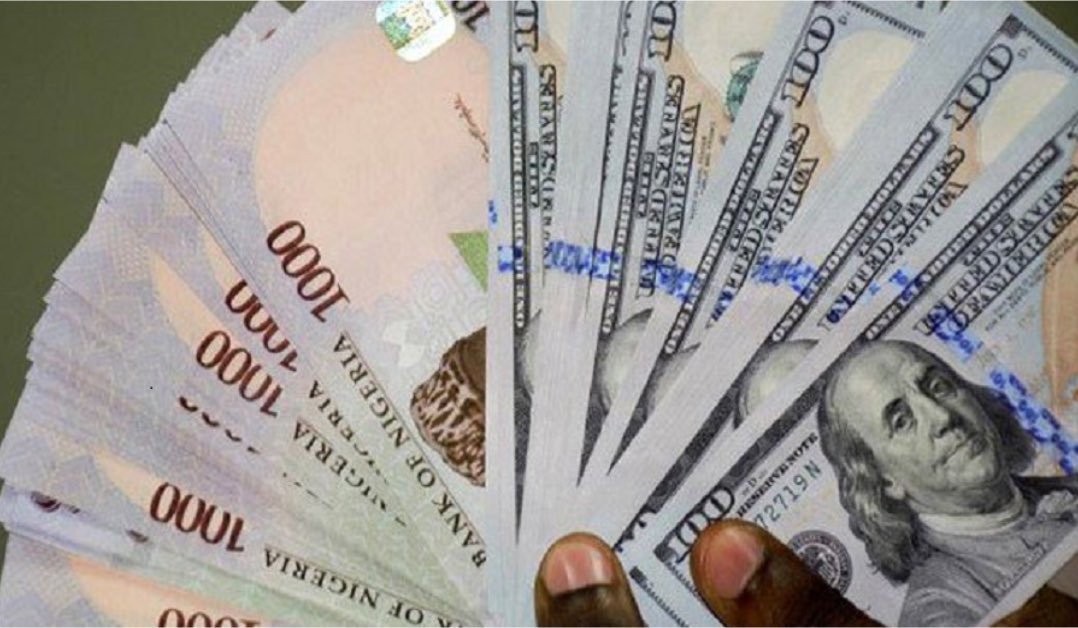
Chinese Traders Break Tradition: Naira Overtakes Dollar in Cross-Border Deals

In a move that is already sending ripples across the corridors of international trade, Chinese traders who for years insisted on receiving payments strictly in United States dollars are now beginning to accept the Nigerian naira as a medium of exchange in commercial transactions. What once seemed impossible—African buyers negotiating with Chinese suppliers without being compelled to source hard currency—is fast becoming a reality, a shift that many are describing as a silent revolution in global trade dynamics.
For decades, Nigerian importers traveling to Guangzhou, Yiwu, and other Chinese commercial hubs were trapped in a rigid cycle where dollar dominance reigned supreme. The Chinese traders were adamant; whether the goods in question were textiles, electronics, industrial machinery, spare parts, or household items, the price had to be settled in dollars. This dollar dependence put Nigerian traders under enormous pressure, forcing them to scramble for scarce foreign exchange from banks, parallel markets, or unofficial channels just to keep their businesses afloat. The result was often inflated costs, delays in shipments, and a widening gap between official and parallel exchange rates back home.
But in recent months, that narrative has begun to shift. Reports from Nigerian business communities and trade associations reveal that increasing numbers of Chinese wholesalers and manufacturers are now open to receiving naira directly from Nigerian clients. This change, insiders say, is not accidental but a calculated response to growing frustrations on both sides. For Nigerians, the struggle to secure dollars at exorbitant rates was killing small and medium-scale enterprises, while for Chinese exporters, delays in payment and the complexities of converting foreign exchange created their own bottlenecks. The solution, it appears, has been to embrace the Nigerian currency as a direct settlement option, bypassing the almighty dollar.
Economic analysts say this move carries deep significance, not just for Nigeria but for the wider global economy. The dollar has enjoyed unmatched supremacy as the currency of international trade since World War II, but cracks have been appearing in its dominance. Countries like China, Russia, India, and members of the BRICS bloc have been advocating for alternatives to reduce overreliance on the dollar. Accepting naira for trade with Africa’s largest economy fits neatly into this narrative and aligns with China’s long-term strategy of reshaping global commerce by diversifying settlement currencies. For Nigeria, which has been grappling with severe forex crises and the volatility of its exchange rate, the development could be a game-changer.
Traders who frequent China are already celebrating the relief this brings. A Lagos-based importer of automobile spare parts explained that sourcing dollars from the black market at rates hovering between ₦1,500 and ₦1,600 per dollar had been eroding profit margins. “Sometimes, the stress of getting dollars is even more than the business itself. You spend days chasing bureau de change operators or waiting for banks that never deliver. Now, being able to transfer naira directly to my suppliers gives me peace of mind,” he said with visible relief. Similar stories are pouring in from merchants in Onitsha, Aba, and Kano, who say the shift could lower their operational costs and reduce dependence on the often unpredictable forex market.
Chinese traders, for their part, appear motivated not only by convenience but by pragmatism. Many have established long-standing relationships with Nigerian banks and payment platforms, making it easier to repatriate naira payments into investments or convert them into yuan. With Nigeria ranking as one of China’s biggest African trade partners, handling billions of dollars’ worth of imports annually, the incentive to accommodate the naira is clear. A Chinese textile merchant in Yiwu reportedly told buyers that accepting naira payments directly saves him the trouble of navigating multiple currency conversions, which sometimes led to delays and losses.
The Nigerian government is also watching these developments closely. For years, policymakers have been seeking ways to reduce dollar dependency, promote the naira internationally, and stabilize the local economy. Efforts such as the currency swap agreement between Nigeria and China, signed in 2018, were aimed at enabling direct yuan-naira trade. While those early initiatives had limited impact, the current acceptance of naira by private Chinese traders suggests that grassroots business realities are now overtaking diplomatic agreements. Some economic observers suggest that if this trend continues, it could breathe new life into the naira, increasing its relevance in cross-border trade and reducing speculative pressures that often destabilize the currency domestically.
Still, the shift is not without its challenges. Critics warn that unless Nigeria strengthens its economy, stabilizes inflation, and builds stronger bilateral frameworks with China, the acceptance of naira may remain limited to certain sectors or small-scale deals. Large-scale industrial contracts, they argue, will likely continue to rely on dollars or yuan for the foreseeable future. Others caution that naira acceptance must not lead to complacency, reminding policymakers that true economic strength lies not just in currency acceptance abroad but in boosting exports, industrial productivity, and infrastructure development at home.
For ordinary Nigerians, however, the immediate relief is undeniable. Importers say customers could begin to see gradual price adjustments in the local market as traders save on exorbitant forex costs. From electronics in Alaba International Market to fabrics in Balogun Market, goods that were once priced with heavy dollar considerations might now be sold with fewer shocks passed down to end buyers. While the ripple effects will take time, some believe this could mark the beginning of a more sustainable and less volatile trading environment for the country’s bustling commercial sector.
The development also raises intriguing questions about the future of African trade. If Nigeria, with its 200 million-strong population and vast market size, can successfully push its local currency into international acceptance, could other African currencies follow? Would Ghanaian cedis, Kenyan shillings, or South African rands also become acceptable in bilateral trade with Asian markets? Could Africa, long trapped in the cycle of dollar dependency, begin to redefine its economic sovereignty by negotiating trade directly in its own currencies?
Whatever the long-term outcome, what is clear is that a quiet revolution is underway. Chinese traders accepting naira may have started as a matter of necessity, but it carries symbolic weight far beyond the borders of Nigeria. It reflects a world slowly shifting toward multipolar currency use, where economic realities and market relationships dictate exchange choices rather than the dominance of a single currency. For Nigerian traders weary of the dollar chase, this is more than a financial relief—it is a glimpse of a future where the naira carries more weight in the global market than ever before.
As one importer in Kano put it, “We have been begging for this for years. Finally, we don’t have to beg banks or pay crazy rates just to do business. If the naira can stand on its own in China, then maybe, just maybe, it can stand anywhere.”


